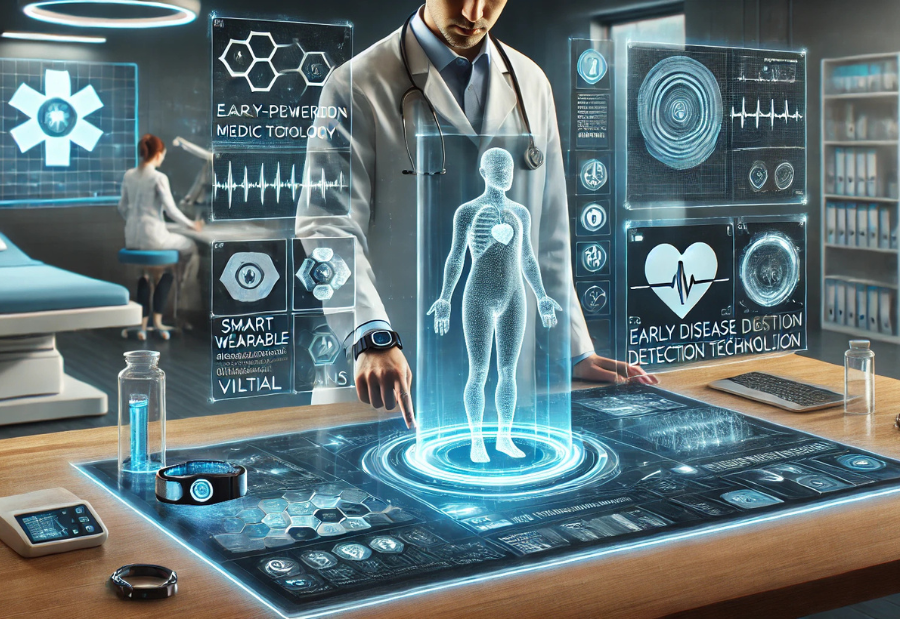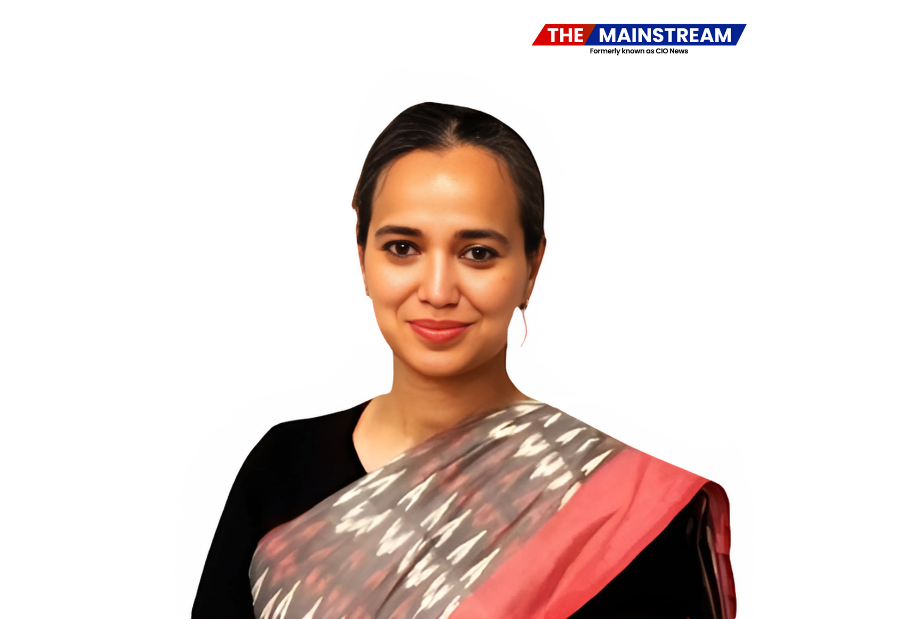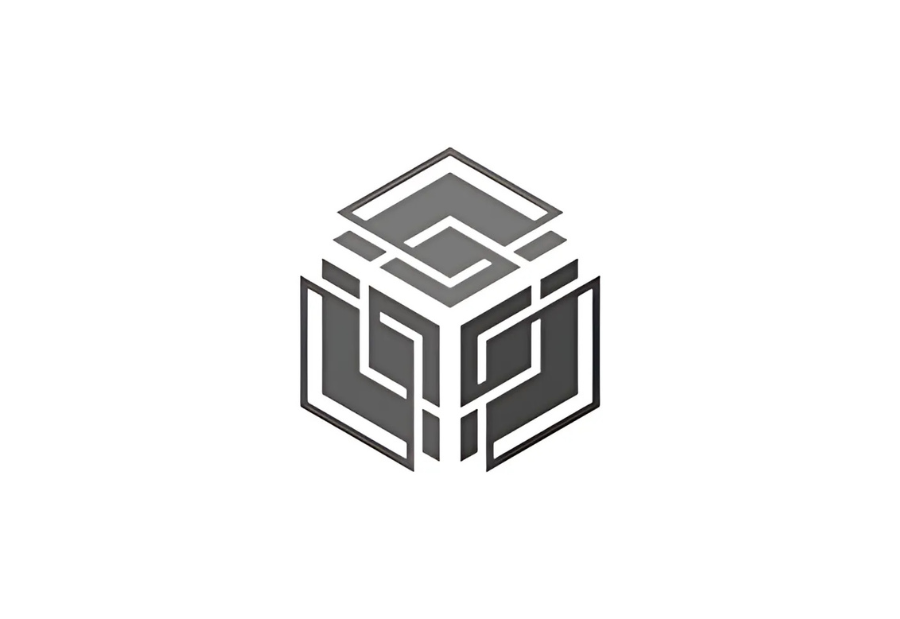From AI-powered diagnostics to smartphone-based cancer tests, explore how emerging future of health technologies are detecting diseases earlier and saving lives.
Imagine a future where diseases like pancreatic cancer or chronic kidney disease are diagnosed before any symptoms appear.
Sounds like science fiction? But not anymore.
Thanks to breathtaking advances in AI, nanotechnology, and smartphone-based diagnostics, early disease detection is moving from labs into everyday life.
At The Mainstream, the future of health is being shaped by a powerful alliance between artificial intelligence, nanotechnology, and mobile diagnostics—bringing early disease detection out of hospital labs and into our everyday lives.
And the reason behind this race is crystal clear: “Detect Early, Save More Lives.”
Here’s why early detection matters:
- Ovarian cancer diagnosed early has a 93% five-year survival rate.
- Melanoma found at an early stage boasts a 99% survival rate, compared to just 32% once it spreads.
But catching diseases like pancreatic or lung cancer early has always been a massive challenge. Now, a new generation of health tech innovations is rewriting the rules—and offering hope like never before.
- Biological Dynamics: Lab-on-a-Chip for Pancreatic Cancer
Biological Dynamics, a San Diego-based startup, is taking on one of medicine’s deadliest foes: pancreatic cancer. They’ve created a lab-on-a-chip that can detect cancer biomarkers in a simple blood test.
This groundbreaking device is now entering human trials, backed by $125 million in funding.
Why it matters:
Detecting pancreatic cancer early could save thousands of lives, and the same platform could soon help identify lung and ovarian cancers too.
- MIT’s AI Predicts Lung Cancer Years in Advance
Researchers at MIT have built an AI model that analyzes lung scans to predict the likelihood of cancer development. Their tool can forecast lung cancer risks up to six years before clinical symptoms appear.
According to insights from The Mainstream, this represents a major milestone in predictive healthcare—turning diagnosis from reaction to prevention.
How it helps:
Using massive datasets from the U.S. and Taiwan, this AI offers a glimpse into a future of health where doctors can intervene years before cancer becomes life-threatening.
- Smartphone Diagnostics: Nanotech in Your Pocket
Scientists are developing phase imaging technology that fits directly into smartphone cameras. With a simple photo of saliva or blood, users could soon receive cellular-level analysis at home.
Imagine this:
No hospital visits. No long waits. Just a few taps on your smartphone, and you have real-time insights about your health.
Potential impact:
Bringing powerful diagnostic tools to your pocket could completely change how we manage health globally.
- Minuteful Kidney Test: Check Your Kidney Health at Home
The Minuteful Kidney Test by Healthy.io is already changing lives. Patients receive a home kit, perform a urine test, and use an app to analyze the results instantly.
The app uses AI to measure the albumin-to-creatinine ratio (ACR), a crucial marker for kidney disease.
Already making waves:
Over 540,000 people across Europe have benefited from Minuteful’s technology in just the past 18 months.
Why it’s important:
Chronic kidney disease often goes unnoticed until it’s severe. Early detection can prevent severe outcomes and costly treatments.
Why Early Detection Matters More Than Ever
The stakes couldn’t be higher.
Early diagnosis not only increases survival rates but also:
- Lowers healthcare costs dramatically.
- Empowers patients to make informed decisions faster.
- Reduces treatment intensity, improving quality of life.
- Diseases like pancreatic cancer often reveal themselves too late, when few treatment options exist.
- Breakthroughs like Biological Dynamics’ pancreatic test or MIT’s lung cancer AI could change that fate forever.
As The Mainstream believes, the faster we detect disease, the greater our ability to prevent suffering and enhance quality of life.
Meanwhile, at-home technologies like smartphone blood tests and Minuteful’s urine analysis bring accessibility and convenience, closing gaps between rural areas, busy urban centers, and even developing countries.
The faster we can detect a disease, the better chance we have to fight it, and win. As healthcare merges with technology, the future looks incredibly bright, and very personal.
Imagine:
- AI models predicting your risk years in advance.
- Smartphone apps diagnosing conditions before you even feel sick.
- Home testing kits delivering lab-quality results without stepping outside.
- The race toward early detection isn’t just about better treatments.
It’s about giving people more time, time to act, time to heal, and most importantly, time to live fully.
Final Thoughts
We’re living at the dawn of a new healthcare era, one where technology helps us catch diseases in their silent, earliest stages. Whether it’s through AI-powered scans, smartphone saliva tests, or at-home kidney checks, the power of early diagnosis is being placed right into our hands.
And that’s the most exciting part…
The future of healthcare isn’t locked in hospitals or research labs anymore. It’s arriving quietly, in our pockets, our homes, and our everyday lives, giving us all a better chance to live longer, healthier, and happier lives.
“Because in the end, the greatest gift health tech can offer isn’t just innovation. It’s time.”
Also read: Viksit Workforce for a Viksit Bharat
Do Follow: The Mainstream formerly known as CIO News LinkedIn Account | The Mainstream formerly known as CIO News Facebook | The Mainstream formerly known as CIO News Youtube | The Mainstream formerly known as CIO News Twitter |The Mainstream formerly known as CIO News Whatsapp Channel | The Mainstream formerly known as CIO News Instagram
About us:
The Mainstream formerly known as CIO News is a premier platform dedicated to delivering latest news, updates, and insights from the tech industry. With its strong foundation of intellectual property and thought leadership, the platform is well-positioned to stay ahead of the curve and lead conversations about how technology shapes our world. From its early days as CIO News to its rebranding as The Mainstream on November 28, 2024, it has been expanding its global reach, targeting key markets in the Middle East & Africa, ASEAN, the USA, and the UK. The Mainstream is a vision to put technology at the center of every conversation, inspiring professionals and organizations to embrace the future of tech.




